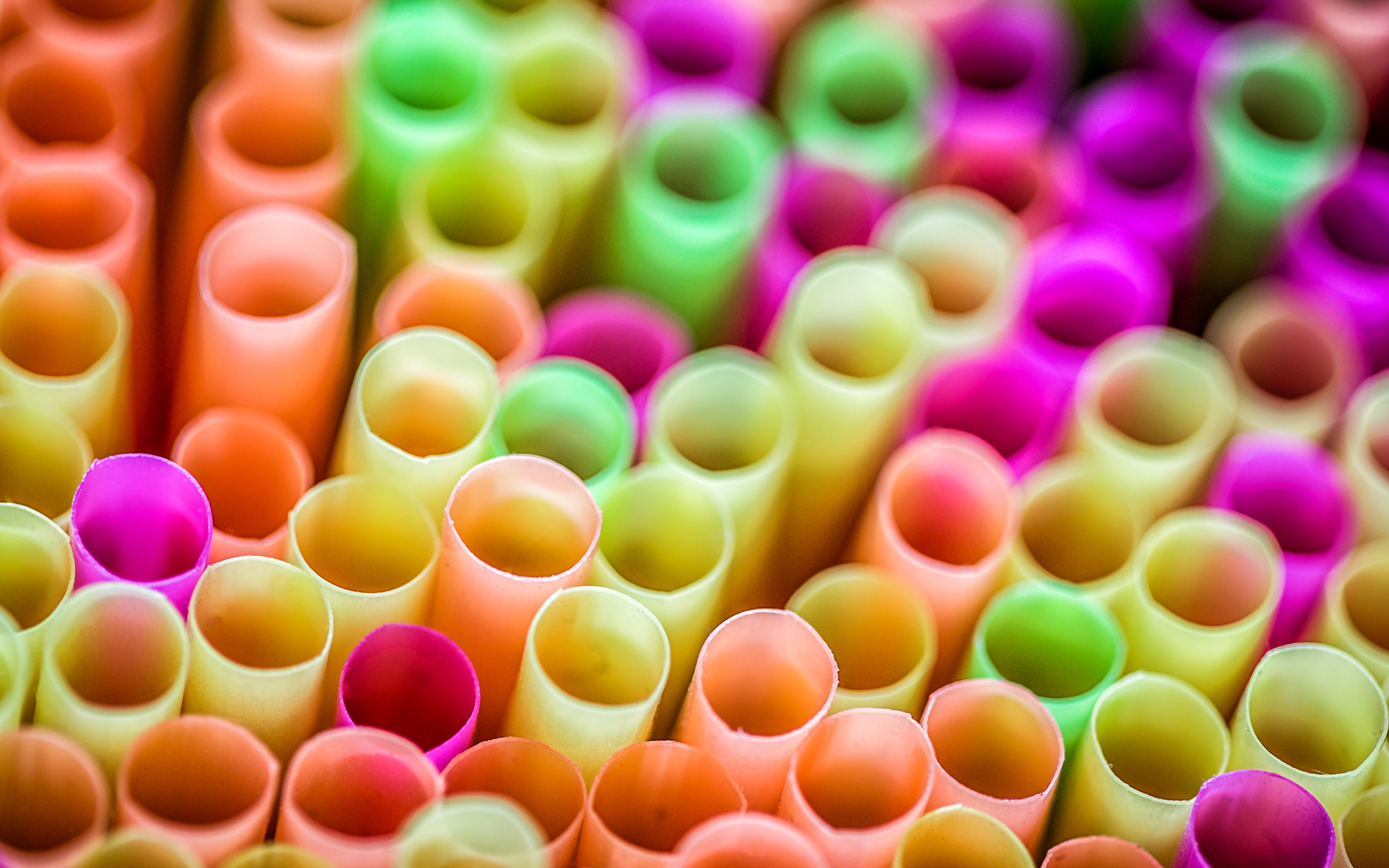Gute Neuigkeiten aus Brüssel gab es heute: Die EU Kommission hat ihre neue (und erste) Plastikstrategie verkündet. Die EU-Plastikstrategie wurde von vielen Seiten begrüßt, auch von der Zivilgesellschaft.
Die Rethink Plastic Alliance – ein Zusammenschluss aus führenden europäischen NGOs, die sich für eine plastifreie Zuunft einsetzen und Teil der Break Free From Plastic Bewegung sind, die aus über 800 NGOs and Millionen von Bürgerinnen und Bürgern weltweit besteht – lobt die Europäische Kommission für das Strategiepapier und betont vor allem drei Punkte:
- Die neue Plastistrategie befasst sich mit dem Problem von Einmalverpackungen und Wegwerfproduten („single-use plastic items“). In der Strategie steht:
„Additional measures at EU and national levels can be developed to reduce the unnecessary generation of plastic waste, especially waste from single–use items or over-packaging, and to encourage the reuse of packaging. Analytical work, including the launch of a public consultation, has already started to determine the scope of a legislative initiative on single-use plastics at EU level to be tabled by this Commission, following the approach used for light-weight plastic bags and examining relevant evidence from behavioural science. Furthermore, the Commission will explore the feasibility of introducing measures of a fiscal nature at the EU level. Finally, the Commission will also look into the issue of over-packaging as part of the future review of the essential requirements for packaging.“
2. Die NGOs loben, dass die Kommission nun damit beginnt, den bewussten Einsatz von Mikroplastik in Produkten wie Kosmetik oder Waschmitteln im Rahmen der europäischen Chemialien-Verordnung REACH zu reglementieren und damit letztlich auf einen umfassendes Verbot von Mikroplastik abzielt. Zitat aus der Strategie:
„In line with the REACH procedures for restricting substances that pose a risk to the environment or health, the Commission has therefore started the process to restrict the use of intentionally added microplastics, by requesting the European Chemicals Agency to review the scientific basis for taking regulatory action at EU level.“
„[…] some alternative materials claiming biodegradability properties, such as ‚oxo-degradable plastics‘, have been found to offer no proven environmental advantage over conventional plastics, while their rapid fragmentation into microplastics cause concerns. Therefore, the Commission has started work with the intention to restrict the use of oxo-plastics in the EU.
Ein Grund, warum sich für die EU eim Thema Plastik ein großer Handlungsdruck ergibt, ist, dass China ja angekündigt hat, den europäischen Plastikmüll nicht mehr zu importieren:
„More than 85 % of the exported plastic waste is currently shipped to China, a situation that will soon change following China’s decision to ban the import of certain types of plastic waste, thus creating opportunities for EU recyclers.“
Die Europäer bleiben also auf ihren Millionen Tonnen von Plastikmüll sitzen. Und damit wird nicht nur das Recycling-Geschäft attraktiver (eine Idee, die auch die Plastikstrategie beflügeln will), sondern eben auch die Idee, die Primärproduktion von Plastik zu reduzieren.
Das Strategiedokument ist noch kein Gesetz und hat damit auch keine rechtliche Verbindlichkeit. Allerdings bereit es den Weg für weitere rechtliche Schritte, die die EU nun auf den Weg bringen will. Vermutlich werden wir noch vor dem Sommer einen Vorstoß in Sachen „single-use plastics“ sehen. Die Restriktionen bei Miroplastik und Oxo-Plastik werden wohl noch ein bisschen mehr Zeit brauchen. Letztlich bereitet aber die Plastikstrategie den Boden für eine neue EU-Kommission, für die das Thema Plastikkrise vermutlich hoch auf der politischen Tagesordnung stehen wird.
